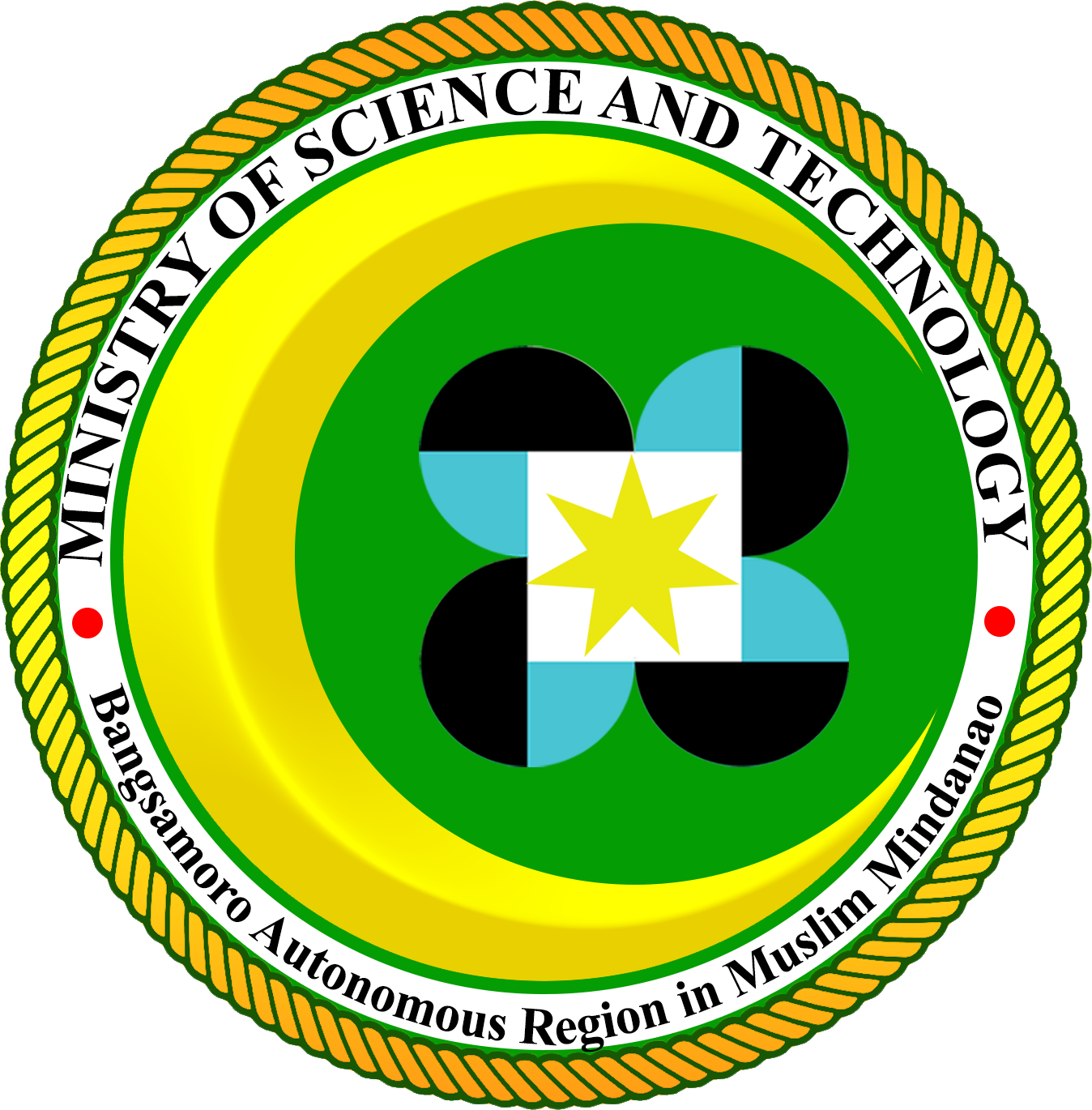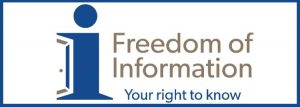PROGRAMS/PROJECTS/SERVICES
I. Research and Development Services (RDS)
- Research, Development, and Innovation (RDI)
- Advanced Science and Technology
- Bangsamoro Standards Halal Testing Laboratories
II. Technical Management and Operation Services
- Science and Technology Services – 1. 1 Technology Transfer and Commercialization 1.2 Technology Application and Promotion
- Science Education, Scholarships, and Grants
III. Nationally-Funded Programs
- OneLab
A network of laboratories aimed to ensure availability and broaden public access to testing and calibration services at a single touchpoint through an IT-based platform. OneLab uniquely facilitates the seamless laboratory transaction from sample receipt to release of test result as facilitated by the OneLab Referral System. With this efficient system, you get the fastest turn-around time and expanded test offerings in the market. Provide relevant and efficient laboratory services for industries, research institutions, other government & Non-government sectors, and the general public. Offer a broader scope of services for different materials and products. OneLab has 16 DOST Regional Standard and Testing Laboratories(RSTL), 6 DOST Research and Development Institute(RDI) laboratories, four government agencies and 19 local private laboratories, and eight international laboratories.
- RxBox 1000
RxBox is a multi-component program (biomedical device, electronic medical record system, and telemedicine training) designed to provide better access to life-saving health care services in isolated and disadvantaged communities nationwide. It is one among the Department of Science and Technology’s efforts for a “Smarter Philippines”. It is also an ICT (Information and Communications Technology) innovation designed to support the Department of Health’s call for Kalusugang Pangakalahatan or Universal Health Care.
- BHRDC
BARMM Health Research and Development Consortium (BHRDC) supports the region’s health initiatives through its partner institutions. The conduct of the Health Research Forum in the region is the first of its existence. The forum will allow member institutions to showcase their health research initiative to the region and attract other stakeholders. This will lead to collaborative works between the government and stakeholders to address the region’s pressing health needs.
- Development and Deployment of Training Modules on Halal Tourism
Halal Training Needs Assessment is a nationally-funded program of the Department of Science and Technology that aims to develop and deploy training modules on Halal Tourism. It also seeks to determine the present status and knowledge gap among various stakeholders of the Halal tourism industry. TNA is an assessment process that serves as a diagnostic tool for determining what training needs to be developed or designed to help a targeted audience accomplish their goals and objectives. Practical training and development depend on knowing what is required for the individual, group, or organization as a whole.

